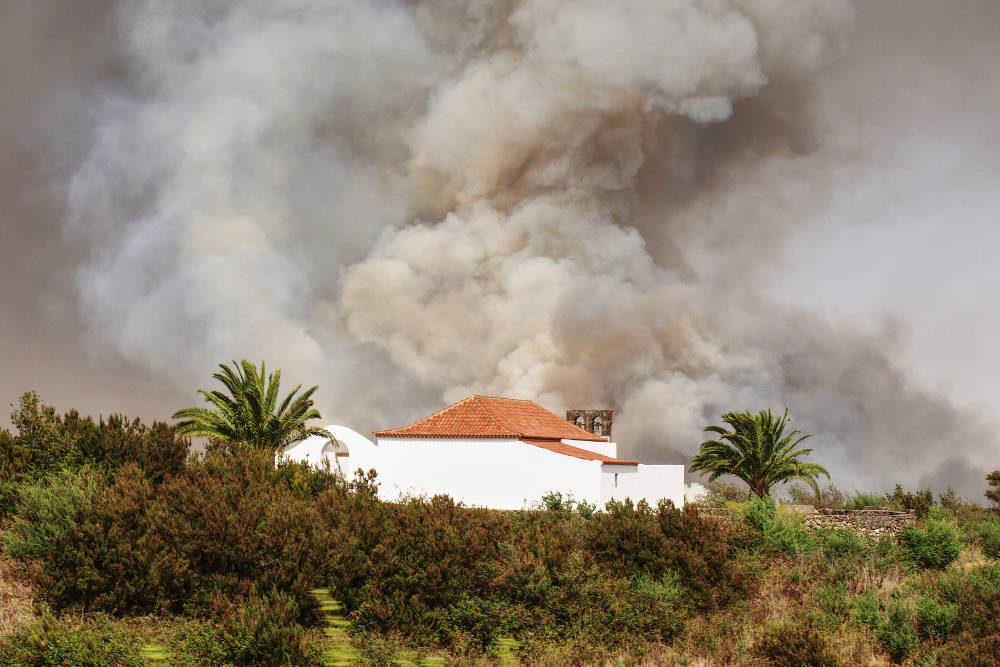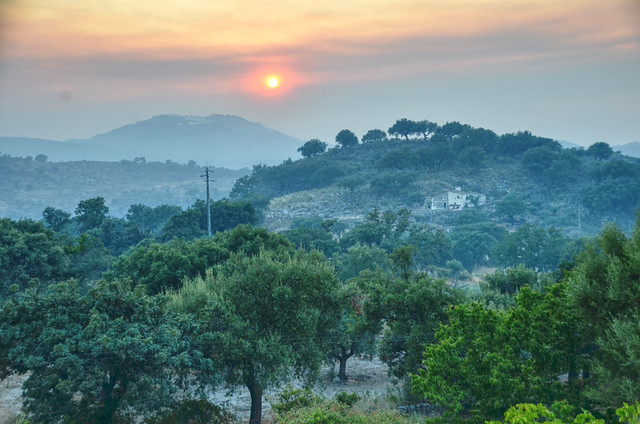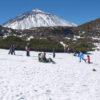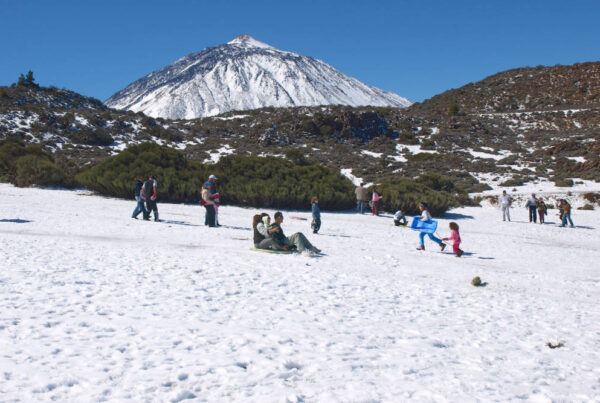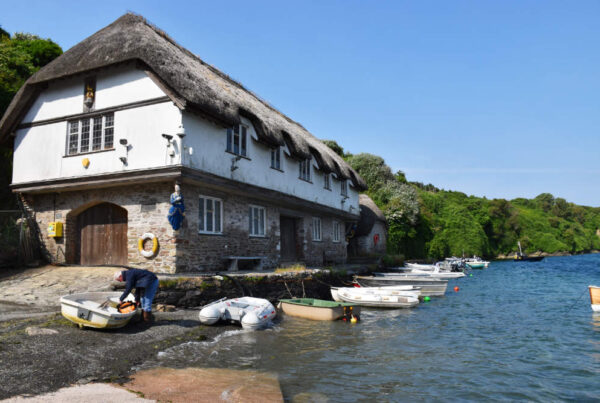July in Britain was a soggy one. But as I listened to, and read reports of wildfires around the world, I was reminded why summer in hotter climes isn’t always as attractive as those who live in sun-starved ones think it is. I’ve fumed at how the UK media, both mainstream and alternative, treat reports of wildfires in other countries. The mainstream media is often guilty of diluting the impact of fires by reporting them purely in the context of how close they are to tourist resorts popular with British holidaymakers. Alternative media fiddles while Rome burns, getting its knickers in a twist about conspiracy theories while at the same time insensitively ignoring, and even recklessly dismissing, the devastating consequence of high temperatures. Alt media also has a tendency to gloss over the indisputable fact that, mostly, humans are the cause of the death and destruction wildfires leave in their wake.
It’s easy to be guilty of these crimes, to be remotely detached from reality when you don’t know what it feels like to watch flames wreak havoc before your eyes, or are frightened to go to bed at night in case a fire breaks out while you sleep.

A forest fire in the Tenerife hills. If you look closely, you can see people on the roof of the yellow house.
Whatever the root causes of extreme temperatures, humans are responsible for most wildfires. Estimations put the figure around 85%. Sometimes it’s through ignorance – like the environmentally friendly camper on La Palma who burned his toilet paper instead of burying it, resulting in the destruction of a great swathe of the island’s forests. Often, it’s because of sheer stupidity – farmers lighting fires at night when temperatures soar and winds are high. We’ve witnessed the ironic sight of a farmer throwing a lit cigar into dry straw while a fire-fighting copter carrying a bucket of water flew overhead. And too many times it’s deliberate.
We’ve experienced wildfires up close. Too close for comfort on occasion. But we’ve been lucky because we’ve never had to flee our home. One of the chapters in my book, Camel Spit & Cork Trees is called The Summer Portugal Burned, because that’s how it felt. I had an app on my phone that showed where fires had broken out across the country. At times, flame icons covered most of Portugal. It is terrifying to experience. We watched firefighters tackle blazes in the Alentejo hills around us; woke up in the morning to find there had been a fire on a hillock near to the house while we slept; drove through the aftermath of the horrendous fire at Pedrógão Grande where sixty-six people lost their lives. On each side, small fires amid the carbonised trees were still evident. It was apocalyptic, a nightmarish vision of hell on earth.
On Tenerife, where severe temperatures were never as intense or prolonged as in Portugal, we watched a huge section of pine forest explode in front of our eyes. It was nowhere near any of the southern resorts. But if you listened to the media, you’d think the fire was in danger of burning down hotels where Brits stayed. We provided shelter to a woman who was evacuated because her village was in danger, and we’ve visited various Canary Islands and regions of Portugal to assess the extent of wildfire damage.
Every time I’ve felt filled with an impotent rage at the recklessness of human beings, knowing that it will happen again and again because people don’t seem able to learn from their stupidity. Sometimes it’s difficult not to see us as a blight on this planet.
